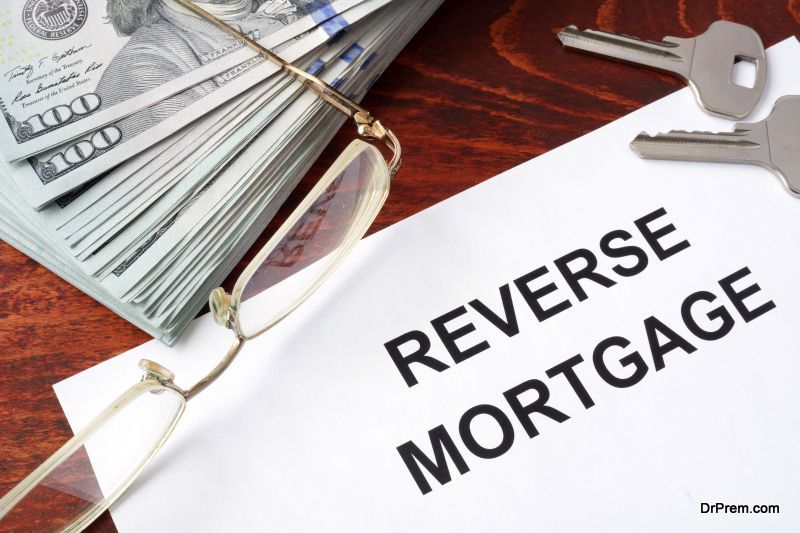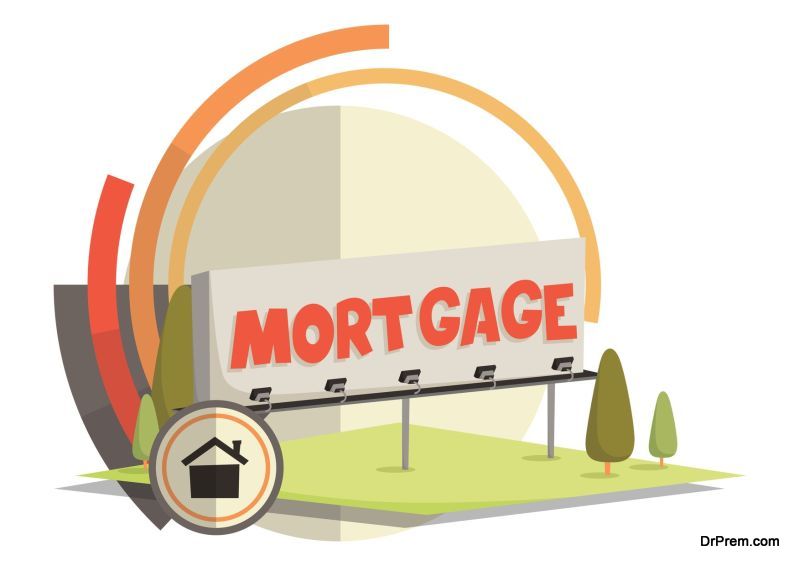Reverse mortgages used to be frowned upon. This was largely because they were rare (even though they have been around since the 60’s) and many financial planners were not aware of how they worked. However, times have changed and reverse mortgages have become recognized as a legitimate financial planning tool or millions of American over the age of 62. With that in mind, I wanted to take an answer an enduring question regarding reverse mortgages. Can a reverse mortgage help you enjoy your retirement?
What is a Reverse Mortgage?
For those who don’t know, a reverse mortgage allows seniors, 62 years and older a way to tap into the equity they have built up in their primary residence. Unlike a traditional mortgage or a home equity loan, there are no mortgage payments. Instead, the principal and interest is accrued and is finally paid off when the borrower no longer lives in the house.
The benefit of a reverse mortgage is that there are no monthly payments. As such, the borrower is essentially freezing their mortgage payments. That being said, some financial planners are skeptical of this program. This does not mean that reverse mortgages are bad, it just means that there might be situations where these loans are not the best fit.
In fact, one of the biggest things to know about a reverse mortgage is whether the borrower meets the income and credit qualifications for the loan. Another variable which could impact eligibility is the level of equity a borrower has built up in their home.
How Can a Reverse Mortgage Help?
Assuming you meet the qualifications for a reverse mortgage, let’s look at some of the ways it can help you enjoy your retirement. These include increased liquidity, delaying Social Security, and even setting up a contingency fund.
-
Increased Liquidity
Let’s face it, the most valuable asset most people own is their home. Another reality of retirement in the 21st century is that most seniors have had to withstand multiple financial shocks – be it the dot-com bust, the Great Recession, or some other setback.
As such, many seniors lack the liquidity needed to enjoy their retirement and this might force them to sell other assets they have accumulated. This, however, would be a big mistake as selling assets can lead to some serious tax implications.
Enter a reverse mortgage, as you can tap into the equity you have built up in your home without the tax implications of selling your home. This does not mean that you should spend all the equity you have in your home – we went down that road in the housing bubble. Instead, you can set up a revolving credit line, which will give you the extra money you need to enjoy retirement.
-
Delaying Social Security
Did you know that you can increase the amount of your monthly Social Security check by more than 30 percent if you put off collecting payments until you are 70? This is a massive windfall, but it does require some planning to be able to take advantage of it.
One way to make this a reality is by using a reverse mortgage to help you bridge the gap. Granted you will want to talk to your financial adviser, but if you are close to 70 and haven’t started collecting Social Security, this could be the trick to help you reach that goal.
-
Setting Up a Contingency Fund
Just because you have a reverse mortgage does not mean that you need to spend the funds today. Instead, you can keep the money in an account and only use it when necessary.
The advantage of this approach is that the money is already available and it is not penalized in the same way as touching a money market account before it has matured or if you sold stocks.
Another advantage with using a reverse mortgage as a contingency fund is that with a revolving line of credit tied the available balance can increase. This happens because the value of your home increases over time. As such, it is a good way to make sure you have the money you need to cover the little emergencies which could derail your retirement.
Now can a reverse mortgage help you to enjoy your retirement? Well, the answer depends on your current situation, but if you haven’t discussed the possibility with your financial adviser, then you should look at the options and see how it might fit into your retirement plans.
Article Submitted By Community Writer






